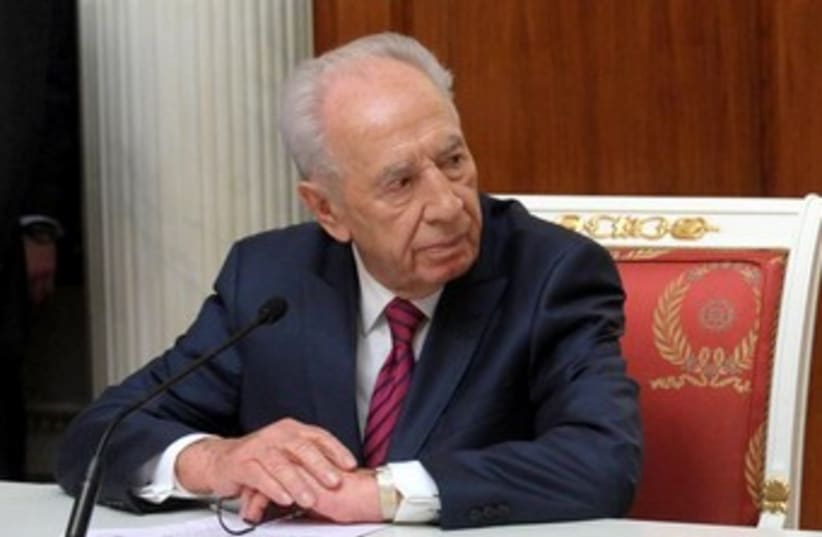'Israel would talk to Hamas if it met Quartet terms'
Despite political uproar following his pro-Abbas words, president pursues his calls for peace in an address to Christian leaders; says Israel will talk to Hamas if it renounces terror, recognizes Israel, enters negotiations.
